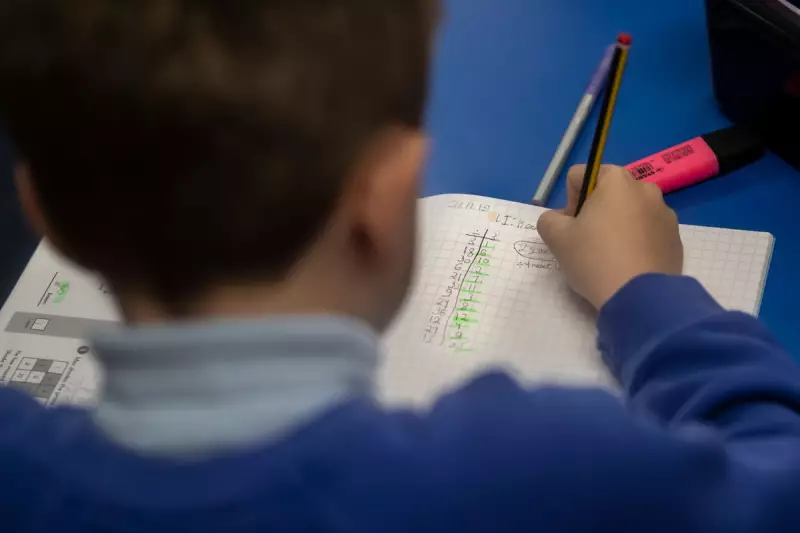
Parents of children born in the summer months are grappling with a crucial decision: should they delay their child's school entry to ensure they're developmentally ready? Updated government guidance has reignited the debate over whether younger pupils are disadvantaged by starting school too early.
The Age Gap Challenge
In England, children typically start reception class in the September after they turn four. This means a child born on 31st August could be nearly a full year younger than classmates born on 1st September. Research suggests this age difference can have lasting effects on academic performance and confidence.
What the New Guidance Says
The Department for Education now clarifies that parents of summer-born children can:
- Request their child starts reception class a year later
- Have their child placed in the correct year group for their age
- Access the same curriculum as their peers
The Parental Dilemma
Many parents report struggling with the decision. "It's not just about academic readiness," explains one mother. "We worried about our July-born son being physically smaller and less emotionally mature than his classmates."
Educational psychologists note that while some summer-born children catch up by secondary school, others may experience:
- Lower academic achievement in early years
- Reduced confidence in classroom settings
- Higher likelihood of being identified with special educational needs
School Pushback
Despite the guidance, some schools reportedly discourage deferred entry due to funding and logistical challenges. Parents' rights groups argue this contradicts the spirit of the policy designed to support children's best interests.
The Long-Term View
Studies tracking summer-born children into adulthood reveal mixed outcomes. While some initial disadvantages fade, researchers note persistent effects in competitive environments like university admissions and professional sports.
The debate continues as educators balance individual needs with systemic constraints, leaving many parents to carefully weigh what's best for their child's educational journey.






